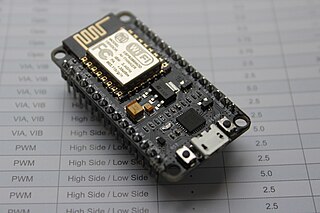According to Fast Company, John Madea is positing that writing skills are important for design because many interactions still depend on text. I’d like to approach this from a different angle. What I’ve found in my personal development is that the better command I develop over my natural languages, the better everything becomes. Visual thinking, musical thinking, engineering thinking … everything.
Some people have described my approach to design as linguistic. In addition, I think of coding primarily as an extension of linguistic skills. So the apparent close relationship between natural language skills and other skills might just be me. But since language is such a core part of how the human mind works, it could very well be universal.
So, yeah, writing.




